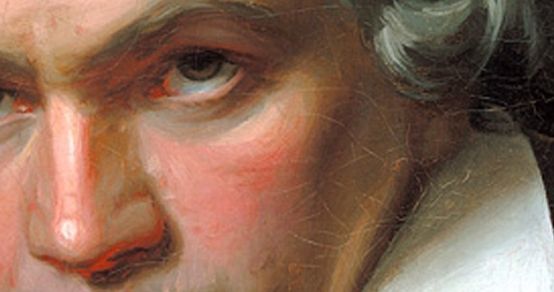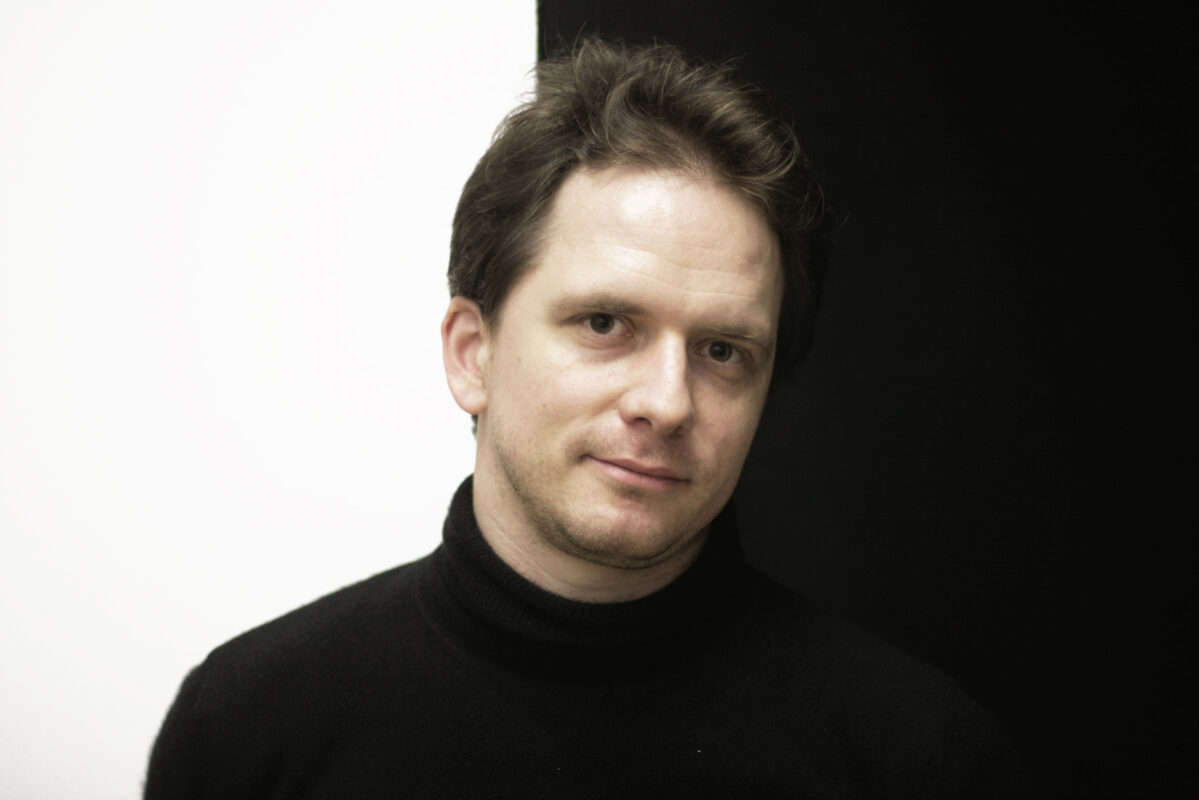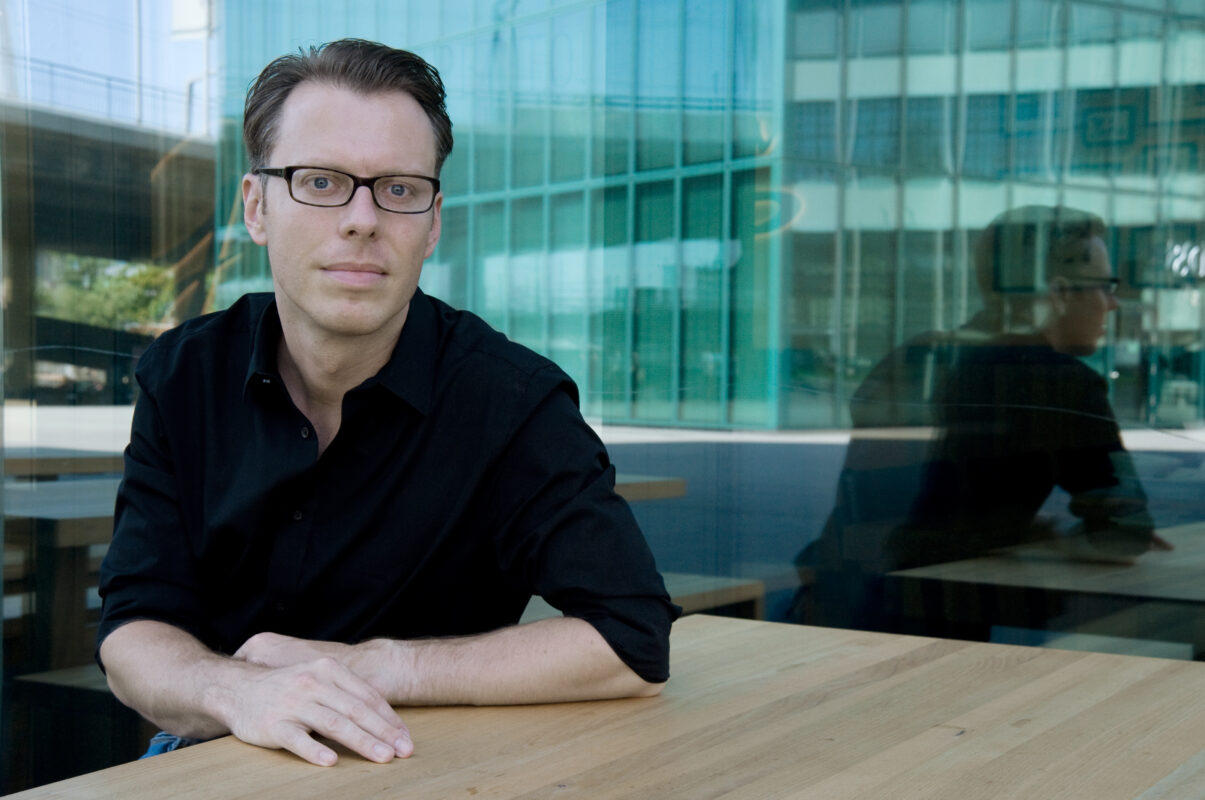Creatures of Prometheus
Every Friday, Beethoven is here. To mark the 250th anniversary of Beethoven's birth, each week the Swiss Music Review takes a look at a different work from its catalog. Today, for the ballet music "The Creatures of Prometheus".

By stealing fire and giving it to mankind, Prometheus laid the foundations of civilization. The wheel and the soup plate followed. And yet, even today, mankind has failed to eradicate world hunger or curb global warming - not to mention the questioning of science, which is all the rage in living rooms. This is due to Epimetheus, Prometheus' brother, whose name means "he who thinks after the fact". What's more, he married the beautiful Pandora - from the box of all evils...
Ludwig van Beethoven tells a slightly different story in his ballet music Creatures of PrometheusOp. 43, commissioned by the Italian ballet master Salvatore Viganò (1769-1821), who worked in Vienna between 1799 and 1803 before becoming ballet director at La Scala in Milan in 1811. Although the original script and choreography have not been preserved, the mythological events set to music in an introduction and 16 tableaux can be traced on the basis of the program distributed at the premiere: in Beethoven's reading, Prometheus breathes life into two clay statues with fire from heaven, but is unable to awaken their reason. After a higher voice prevents him from destroying his work, he leads the beings to Parnassus, where, thanks to Apollo, they will receive not only reason and emotions, but also a sense of nature and art.
Although the ballet as a whole was a great success, with 29 performances, it did not find a lasting resonance with contemporaries. In 1801, the Zeitung für die elegante Welt wrote very soberly: "I cannot say whether Monsieur van Beethoven has succeeded in achieving what an audience such as this demands in the unity - not to say uniformity - of the action. But there is no doubt that his music is too learned for ballet, and that he did not care too much for the dancers. [...] The overture would already be appropriate in a grand opera, and would not fail to have a significant effect; here, on the other hand, it is out of place." And indeed, the overture is an almost symphonic movement with a slow introduction and long development. It's probably no coincidence that Beethoven refers here to the effective opening of his First Symphony by opening the score with a seventh chord, almost like a quotation; the beginning of the finale of Prométhéewill find itself in the Eroica.
Aufnahme auf idagio
Keeping in touch
A weekly newsletter reveals the latest column on line. You can subscribe by entering your e-mail address below, or by subscribing to our RSS feed.








